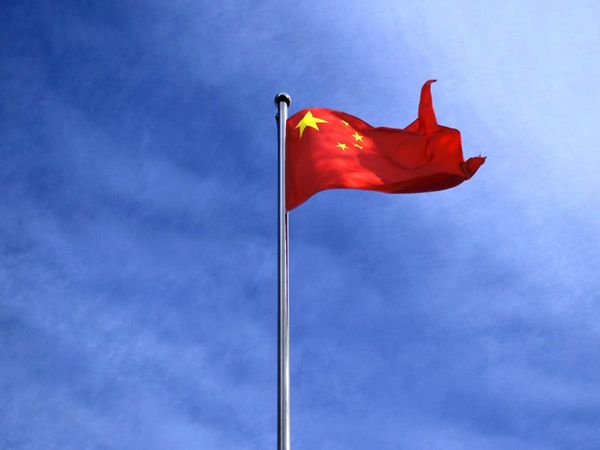
SOURCE: Times Now Digital
As India and China are engaged in a months-long border standoff in eastern Ladakh, intelligence agencies have claimed that the ‘Dragon’ is funding anti-India protests along the Indo-Nepal border. The spy agencies said that China has paid Rs 2.5 crore to several organistaions in Nepal to hold protests and demonstrations against India along the Indo-Nepal border.
“Chinese Embassy in Nepal has provided financial support to the tune of Rs 2.5 crore (NPR) for organising anti-India protests/demonstrations along India-Nepal border areas highlighting the recent border disputes and interferences of India in Nepal’s internal/political matters,” the agencies weer quoted by IANS as saying.
Indo-Nepal border stretches to over 1,700 km.
The India-Nepal relations have turned sour after Defence Minister Rajnath Singh on May 8, 2020 inaugurated the 80-km long strategically crucial road connecting the Lipulekh pass with Dharchula in Uttarakhand.
Kathmandu voiced reservation against the inauguration of the road and came out with the new map showing Lipulekh, Kalapani and Limpiyadhura as its territories. The neighbouring country‘s Upper House in June unanimously passed the Constitution Amendment Bill to update the country’s map incorporating the three Indian territories.
India had strongly protested against Nepal’s decision saying, “This artificial enlargement of claims is not based on historical fact or evidence and is not tenable. It is also violative of our current understanding to hold talks on outstanding boundary issues.”
Pangong lake: India bolsters presence in strategic heights
Meanwhile, as the border standoff with China continues, the Indian Army has strengthened its presence in at least three strategic heights in the southern bank of Pangong lake in eastern Ladakh, reports said. The Indian Army and the Chinese Army held for three consecutive days to defuse tension, but the meetings yielded no positive results.
On Monday, the Army said China’s People’s Liberation Army carried out “provocative military movements” to “unilaterally” change the status quo on the southern bank of Pangong lake on the intervening night of August 29 and 30. The PLA’s misadventure was thwarted by the Indian troops.
Since May 2020, Chinese troops have been trying to transgress into the Indian territories along the Line of Actual Control in eastern Ladakh. The relations between the two Asian giants deteriorated following the Galwan Valley clash in which 20 Indian soldiers were martyred.
In an attempt to normalise the relations, New Delhi and Beijing agreed to disengage from the several friction points in Ladakh. However, the recent Chinese provocation at Pangong Tso is a clear violation of the agreements reached during the several diplomatic and military level talks held after the Galwan clash.






